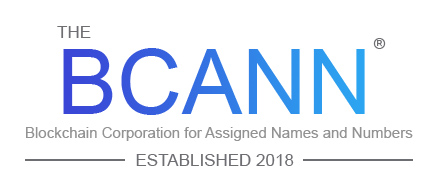
Orchid (OXT) is the native token of Orchid, a cryptocurrency-powered virtual private network (VPN).
Launched in December 2019, Orchid describes itself as the world’s first incentivized, peer-to-peer privacy network.
Its aim is to overcome internet freedom limitations by using cryptocurrency payments to allow anyone to purchase bandwidth from any participating provider. This is done using so-called probabilistic nanopayments, which occur using OXT, an ERC-20 standard token on Ethereum.
Regular payments to providers occur off-chain, allowing Orchid to avoid problems with congestion and gas fees on the Ethereum network.
The service is pay-per-use, meaning that users only have to contribute funds when they actually connect, instead of paying monthly or annual fees.
Who Are the Founders of Orchid?
Orchid’s four co-founders come from the blockchain and financial spheres. They are Dr. Steven Waterhouse as CEO, Jay Freeman, Brian J. Fox and Gustav Simonsson.
Waterhouse is a well-known figure within cryptocurrency, having also co-founded venture capital outfit Pantera Capital, which is responsible for investing in some of the industry’s most popular companies.
Freeman is the creator of Cydia, an alternative Apple App Store for jailbroken Apple devices and currently used by around 30 million jailbroken Apple products.
Fox is responsible for the creation of United States bank Wells Fargo’s first interactive online banking system in the mid 1990s.
Simonsson, meanwhile, is one of the Ethereum network’s core security developers, helping with its original launch in 2015.
According to official literature, Waterhouse became alerted to the need for internet privacy improvements after becoming the victim of a SIM-swap attack, and began researching VPN technology.
What Makes Orchid Unique?
The main idea behind Orchid is the use of blockchain technology to enhance the existing VPN experience.
Using cryptocurrency-based probabilistic nanopayments, users can benefit from anonymous VPN usage which does not rely on a centralized server and the risks associated with a particular country’s infrastructure.
As a freely-exchangeable ERC-20 token, OXT also provides a trading incentive to own and increase network value for owners.
A separate feature allows users to purchase so-called “Orchid credits” with fiat currency. In this instance, OXT cannot be withdrawn and converted elsewhere, only spent with network providers. This is designed to appeal to those who do not wish to transact in cryptocurrency.
The appeal of Orchid, however, is not just among cryptocurrency users. Developers highlight a growing trend for internet freedom in the face of mounting geopolitical tensions and local restrictions.
Web 3.0 technology is used to provide some semblance of an open internet, as it was conceived when consumer access began to go mainstream in the early 1990s.


